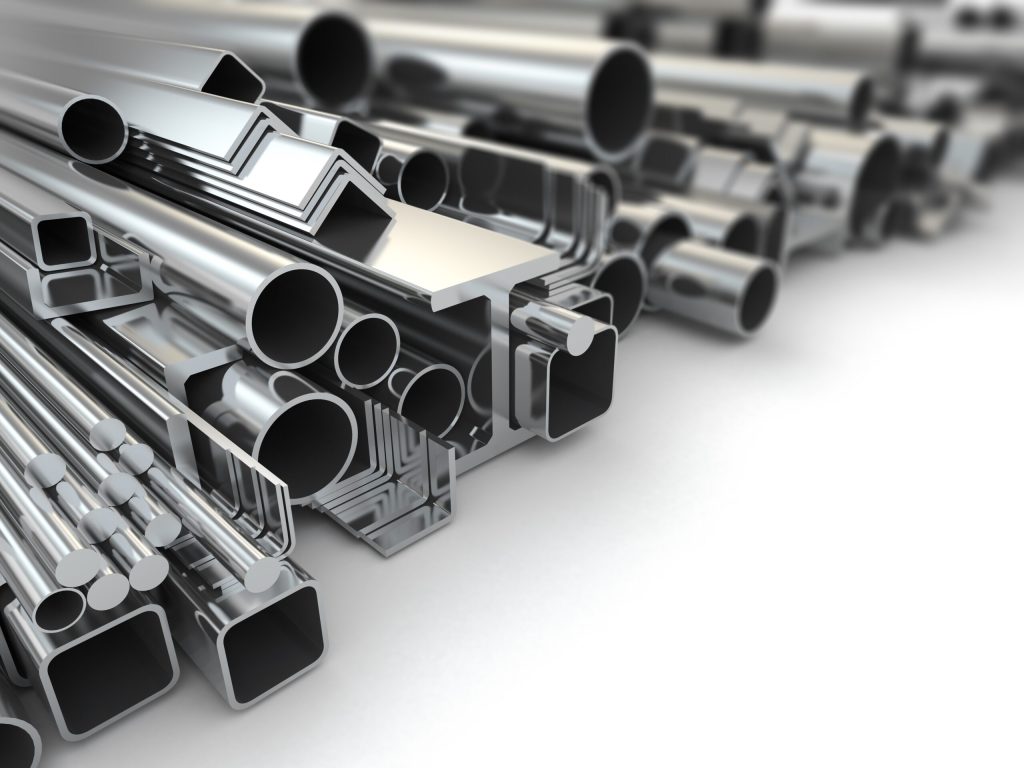When purchasing metal supplies, whether for industrial, construction, or artistic purposes, several factors should be carefully considered to ensure you get the right material for your project. From the type of metal supply near me to its dimensions and quality, each aspect plays a crucial role in determining the suitability and performance of the metal for your intended use.
Type of Metal: The first decision to make is the type of metal needed for your project. Common options include steel, aluminium, copper, brass, and various alloys. Each metal supply near me has unique properties such as strength, corrosion resistance, conductivity, and appearance, so choose one that aligns with your requirements.
Grade and Quality: Metals come in different grades and qualities, which affect their performance and durability. Higher-grade metals often offer better strength, corrosion resistance, and other desirable properties, but they may come at a higher cost. Consider the specific requirements of your project to determine the appropriate grade and quality of metal needed.
Dimensions and Form: Determine the required dimensions and form of the metal, such as sheets, bars, tubes, or custom shapes. Consider factors such as thickness, width, length, and diameter based on your project specifications and fabrication requirements.
Quantity: Calculate the quantity of metal needed for your project accurately to avoid underestimating or overordering. Factor in potential wastage during cutting, machining, or fabrication processes to ensure you have enough material to complete the job.

Supplier Reputation and Reliability: Choose a reputable and reliable metal supplier with a track record of providing high-quality materials and excellent customer service. Look for suppliers with certifications, such as ISO accreditation, to ensure compliance with industry standards and regulations.
Cost and Budget: Compare prices from different suppliers to find the best balance between cost and quality. While it’s essential to stay within budget, prioritize quality and suitability for your project to avoid compromising on performance or safety.
Lead Time and Availability: Consider the lead time and availability of the metal supply, especially if you have tight project deadlines. Choose a supplier capable of providing the required quantity of metal within your timeframe to avoid delays.
Transportation and Handling: Factor in transportation and handling logistics when purchasing metal supplies, especially for large or heavy materials. Ensure the supplier can arrange for safe and efficient delivery to your location, taking into account any special requirements or restrictions.
Environmental Impact: Assess the environmental impact of the metal production process and choose suppliers committed to sustainable practices, such as recycling and minimizing waste. Opt for metals with eco-friendly coatings or treatments when applicable.
Technical Support and Services: Look for suppliers that offer technical support, customization services, and expert advice to assist you in selecting the right metal for your project and addressing any specific requirements or challenges you may encounter.

